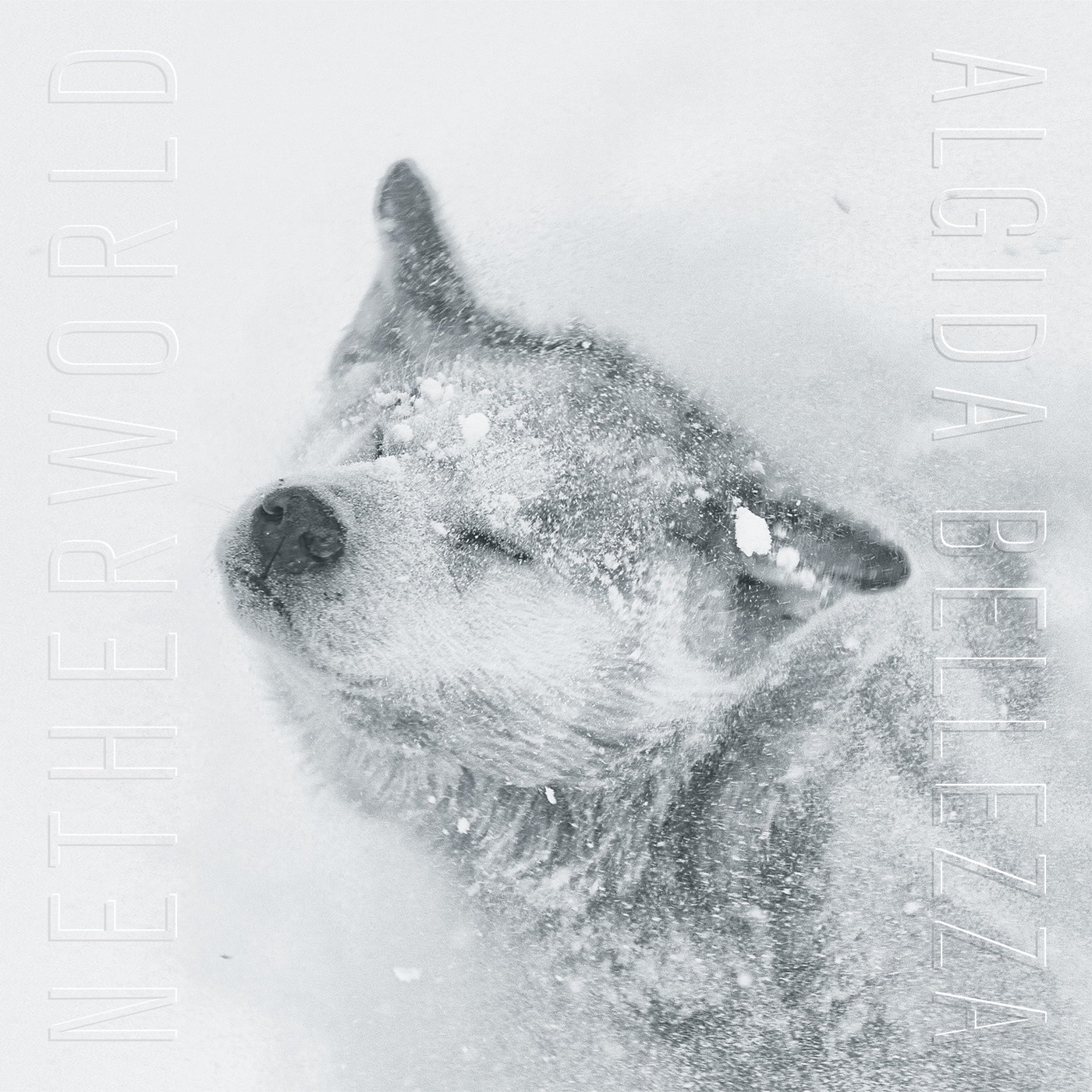- Digital
Netherworld
Algida Bellezza
Glacial Movements
- Cat No: GM039
- Release: 2019-10-11
- updated:
Track List
-
1. Netherworld - Vulpes lagopus
10:41 -
2. Netherworld - Somniosus microcephalus
10:34 -
3. Netherworld - Orcinus orca
06:08 -
4. Netherworld - Monodon monoceros
06:55 -
5. Netherworld - Ursus maritimus
10:39
24bit/48khz [wav/flac/aiff/alac/mp3]
The year 2013 was very important for the recording career of the founder and artistic director of Glacial Movements, Alessandro Tedeschi aka Netherworld. 2013 represented the release of the album "Alchemy of Ice”, which received many positive reviews the music press internationally. In the following years the artist from Rome signed another work "Zastrugi" (2015) for the label’s Iceberg devoted to techno / dub. Subsequently there was the album "Himuro" (2017), composed together with Eraldo Bernocchi, musician and composer of soundtracks, known for his work in the field of electronic music and in the European post-industrial music scene. So after a break off 6 years, Netherworld returns to publish its ambient solo work: "Algida Bellezza". The source of inspiration refers to an event long awaited by the artist but far from the glacial themes; the birth of his daughter in November 2015. This work is completely dedicated to her. A very strong emotional impulse led the artist to compose the textures of the five songs on the album. The soundscapes were composed mainly during the night whilst the little princess was cradled in the arms of her dad. Only one instrument was used - the Roland VP9000 connected with a multi-effect rack. The tracks of the songs were then entrusted to the sound engineer and friend Matteo Spinazzè Savaris, who in addition to performing the final mixing and mastering, was also co-producer of the disc.
The titles of the compositions refer to the Latin names of various animal species living in the arctic: Vulpes lagopus (Arctic Fox), Somniosus microcephalus (Greenland Shark), Orcinus orca (Orca), Monodon monoceros (Narwhal) and Ursus maritimus ( Polar Bear). Perhaps a parallel exists between the beauty, innocence and fragility of a newborn baby girl and that of the flora and fauna present in the Arctic areas and therefore even more fragile on the planet? Netherworld's answer is in the soundscapes of "Algida Bellezza". The cover photo was taken in Greenland by photographer Carsten Egevang for the Qimmeq project. It’s an interdisciplinary project combining cutting-edge research with visual communication of the higesth standards. The project aims to show the importance of the Greenland sled dog – both in present-day Greenland and in the past. Carsten Egevang is participant in the project as photographer with special focus on documenting the use of the sled dog in today’s Greenland. Greenland holds the Arctic’s largest remaining sled dog population and a globally unique traditional dog sled culture. But both the sled dog and the culture that goes with it are threatened by extinction. The dog population has been reduced from 31.000 dogs twenty years ago to a present low of less than 15.000 and the situation is growing worse. Decreasing sea-ice cover due to climate warming and competition from snowmobiles is hold responsible for the present alarming situation.
The titles of the compositions refer to the Latin names of various animal species living in the arctic: Vulpes lagopus (Arctic Fox), Somniosus microcephalus (Greenland Shark), Orcinus orca (Orca), Monodon monoceros (Narwhal) and Ursus maritimus ( Polar Bear). Perhaps a parallel exists between the beauty, innocence and fragility of a newborn baby girl and that of the flora and fauna present in the Arctic areas and therefore even more fragile on the planet? Netherworld's answer is in the soundscapes of "Algida Bellezza". The cover photo was taken in Greenland by photographer Carsten Egevang for the Qimmeq project. It’s an interdisciplinary project combining cutting-edge research with visual communication of the higesth standards. The project aims to show the importance of the Greenland sled dog – both in present-day Greenland and in the past. Carsten Egevang is participant in the project as photographer with special focus on documenting the use of the sled dog in today’s Greenland. Greenland holds the Arctic’s largest remaining sled dog population and a globally unique traditional dog sled culture. But both the sled dog and the culture that goes with it are threatened by extinction. The dog population has been reduced from 31.000 dogs twenty years ago to a present low of less than 15.000 and the situation is growing worse. Decreasing sea-ice cover due to climate warming and competition from snowmobiles is hold responsible for the present alarming situation.



